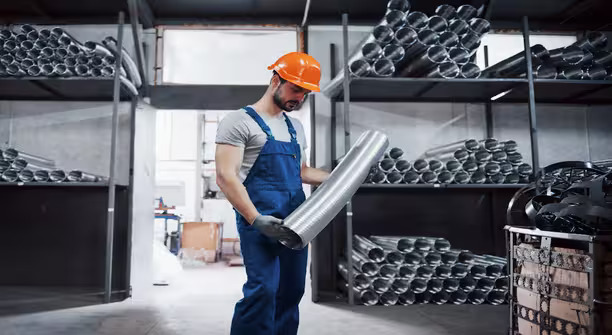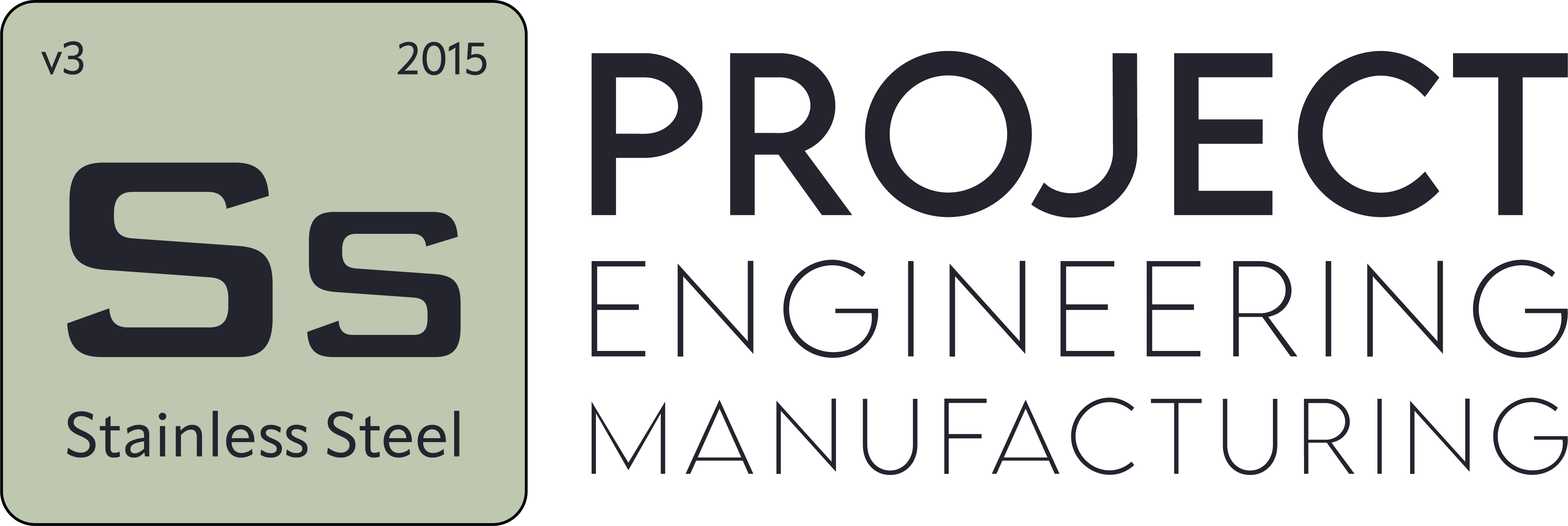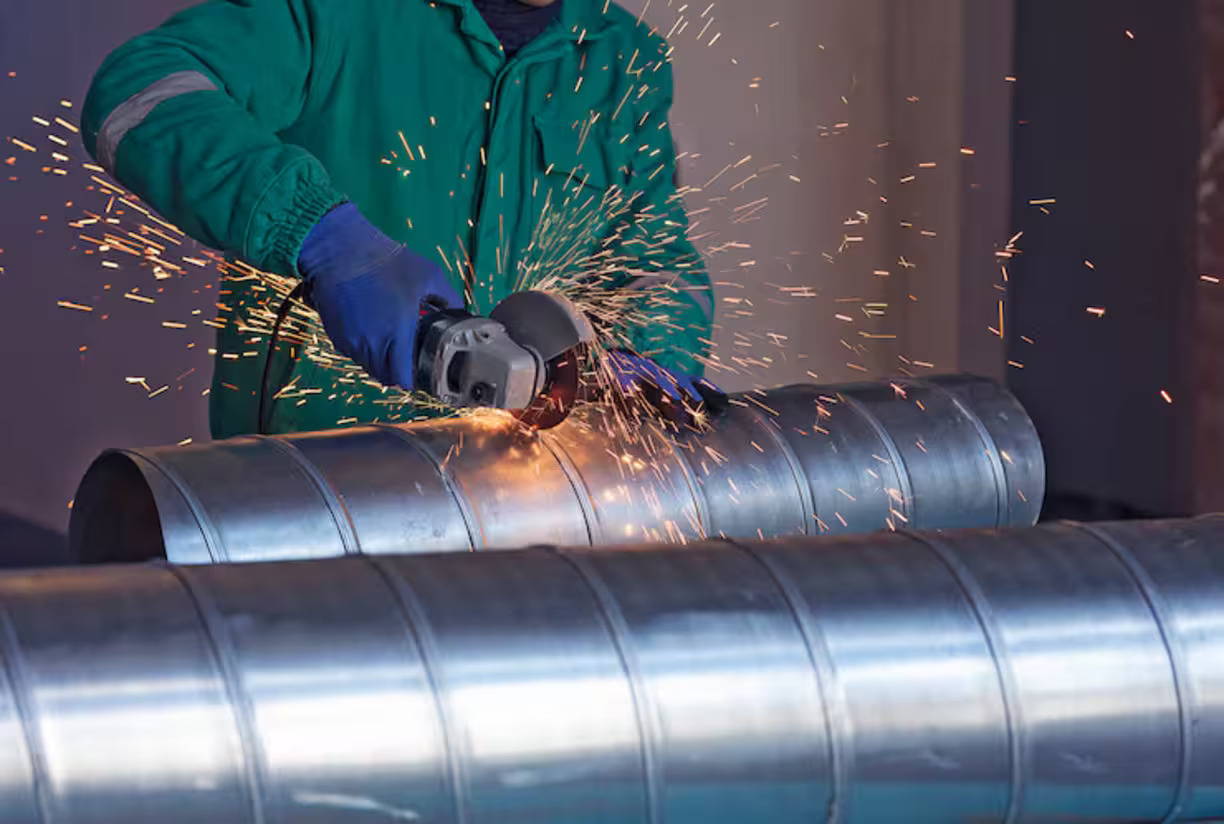Advantages of Stainless Steel Plumbing in the Pharmaceutical Industry
- Blog
- Advantages of Stainless Steel Plumbing in the Pharmaceutical Industry
Advantages of Stainless Steel Plumbing in the Pharmaceutical Industry
Table of Contents
- What is the Importance of Hygiene in the Pharmaceutical Industry?
- What is Stainless Steel Piping?
- Key Advantages of Stainless Steel in the Pharmaceutical Industry
- Corrosion Resistance of Stainless Steel Piping
- Cleanability and Hygiene Maintenance Capacity
- Durability and Longevity
- Cost Advantages of Stainless Steel Piping
- Compliance with International Standards
- Flexible Design Features of Stainless Steel Piping
- Sustainability and Environmental Benefits
- The Future of Stainless Steel Piping in the Pharmaceutical Industry
What is the Importance of Hygiene in the Pharmaceutical Industry?
The pharmaceutical industry directly impacts human health, making hygiene a top priority. Any risk of contamination during drug production can jeopardize product reliability and patient safety. A sterile production environment ensures the quality and efficacy of pharmaceuticals. Therefore, the equipment and piping systems used in production facilities must be cleanable and reliable. Stainless steel piping plays a critical role in meeting these hygiene standards.
In pharmaceutical manufacturing, microbiological control and chemical purity are paramount. Piping systems must not introduce any contamination sources. Stainless steel is an ideal material for these requirements, supporting safe production processes. For instance, in sensitive applications like vaccine or intravenous drug production, stainless steel piping ensures consistent hygiene, enhancing product safety.
What is Stainless Steel Piping?
Stainless steel piping refers to corrosion-resistant pipe and fitting systems used in the pharmaceutical industry to transport liquids, gases, and other substances. These systems are designed to maintain sterile conditions in high-purity production processes. Stainless steel’s chemical inertness and smooth surface make it a preferred choice for pharmaceutical manufacturing.
These systems, with their modular designs, adapt to various production needs. Stainless steel piping maintains performance even under high pressure and temperature conditions. Additionally, its compatibility with cleaning processes meets the pharmaceutical industry’s stringent hygiene requirements, making it an indispensable material.

Key Advantages of Stainless Steel in the Pharmaceutical Industry
Stainless steel piping offers numerous advantages in the pharmaceutical industry. First, its hygienic structure minimizes contamination risks. Smooth surfaces make it difficult for microorganisms to adhere, simplifying cleaning processes. Additionally, its corrosion resistance supports long-term use.
Another benefit is its chemical compatibility. Stainless steel does not react with various chemicals used in drug production, preserving product purity. Its durability and longevity reduce maintenance costs and ensure uninterrupted production, making stainless steel a cornerstone material in the industry.
Corrosion Resistance of Stainless Steel Piping
Stainless steel is highly resistant to corrosion. Acids, alkalis, and other chemicals used in pharmaceutical production can corrode standard materials, but stainless steel withstands these aggressive chemicals, maintaining the piping’s integrity.
This corrosion resistance enhances product safety, as deterioration in the piping’s inner surface could introduce harmful substances into drugs. Stainless steel’s resistance to oxidation and rust eliminates this risk. Its long-term reliability also minimizes maintenance needs, making it an ideal choice.
Cleanability and Hygiene Maintenance Capacity
In the pharmaceutical industry, cleanability is a critical feature of piping systems. Stainless steel piping, with its smooth and dead-zone-free surfaces, is easily cleaned and sterilized. This prevents microbiological contamination and maintains high hygiene standards in production.
Compatible with CIP (Clean-in-Place) systems, stainless steel piping enables fast and effective cleaning. These systems disinfect internal surfaces without disassembly, reducing production downtime. Stainless steel’s resistance to chemical cleaners further supports hygiene processes.
Durability and Longevity
Stainless steel piping offers high durability, standing up to the pharmaceutical industry’s demanding conditions. High pressure, temperature fluctuations, and chemical exposure can degrade standard materials, but stainless steel maintains its structural integrity.
This durability ensures the piping’s longevity, sparing businesses frequent replacement costs. Additionally, its mechanical strength delivers reliable performance in intensive production processes. This feature is a key advantage for operational continuity.
Cost Advantages of Stainless Steel Piping
While stainless steel piping requires an initial investment, it provides long-term cost benefits. Its durability and low maintenance needs reduce operational expenses. Furthermore, its hygienic design prevents product losses and contamination-related costs.
Stainless steel also aligns with energy-efficient designs. For instance, smooth-flow piping reduces pump energy consumption, leading to long-term savings. Compliance with regulations avoids penalties, further enhancing cost advantages.
Compliance with International Standards
The pharmaceutical industry adheres strictly to international standards. Stainless steel piping complies fully with FDA, GMP, and EHEDG standards, ensuring suitability for food and drug contact without releasing toxic substances.
This compliance enables businesses to pass regulatory audits successfully. It is also critical for competing in global markets. Stainless steel provides a reliable solution by meeting these rigorous standards.
Flexible Design Features of Stainless Steel Piping
Stainless steel piping offers flexible design options, adapting to the pharmaceutical industry’s diverse needs. Its modular structure allows easy customization and integration into existing systems, enabling rapid setup of new production lines.
Available in various diameters and shapes, stainless steel suits a range of applications. Precision connection points and sealing features enhance system reliability. This flexibility supports innovative solutions in pharmaceutical manufacturing.
Sustainability and Environmental Benefits
Stainless steel piping contributes significantly to sustainability. As a recyclable material, it reduces the environmental footprint. Its long lifespan minimizes the need for frequent replacements, conserving resources.
Designs that require less water and chemicals for cleaning promote energy savings. Stainless steel piping supports eco-friendly production processes, aligning with the pharmaceutical industry’s sustainability goals, offering both environmental and economic benefits.
The Future of Stainless Steel Piping in the Pharmaceutical Industry
Stainless steel piping continues to evolve with technological advancements in the pharmaceutical industry. Smart sensors and IoT technology enable real-time monitoring, optimizing maintenance processes. Additionally, antimicrobial coatings could further enhance hygiene levels.
In the future, energy-efficient designs and sustainable production methods will increase the importance of stainless steel piping. These innovations will elevate the industry’s quality and reliability standards, solidifying stainless steel’s role as an essential material.


